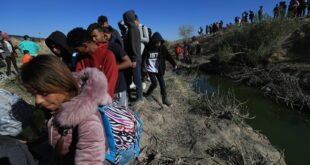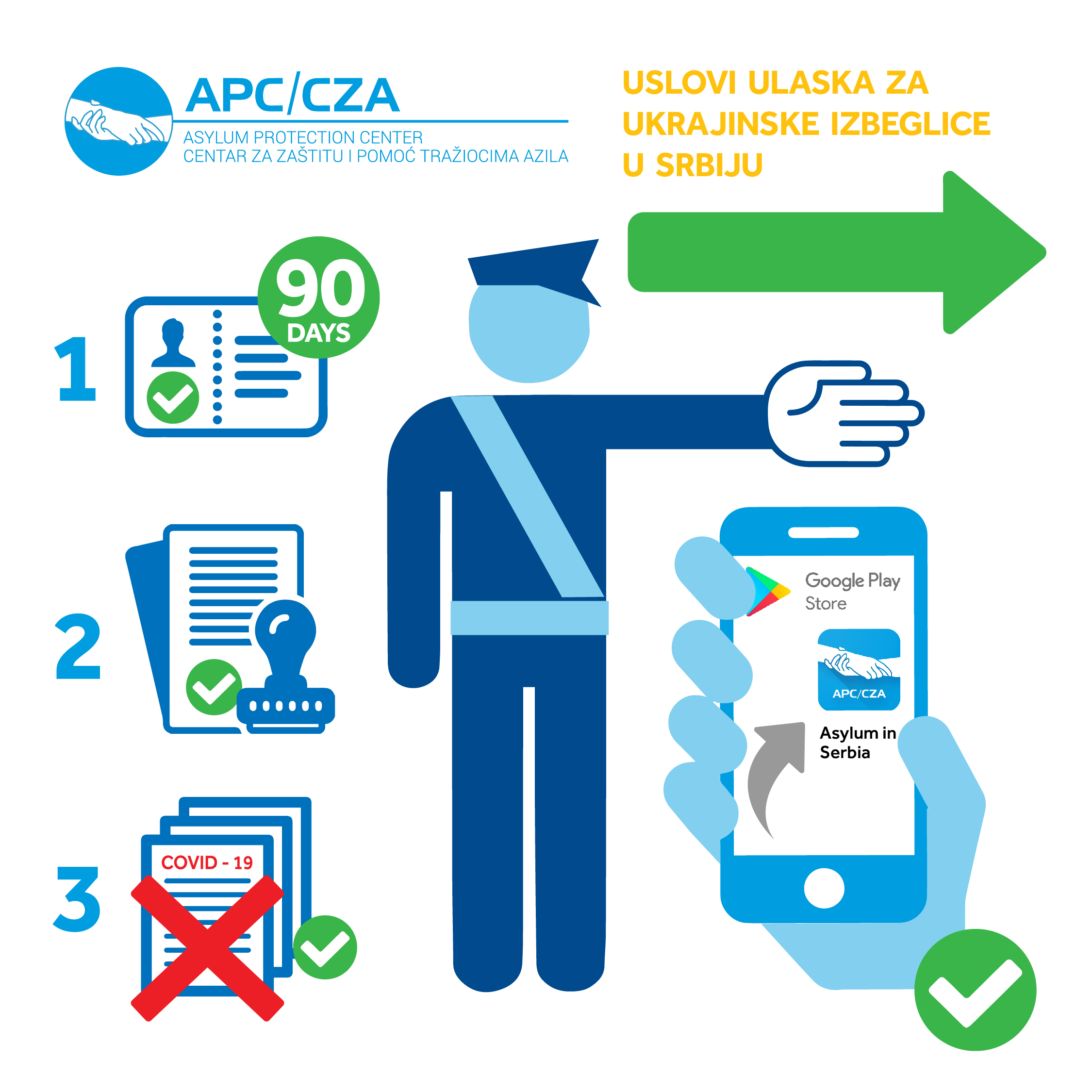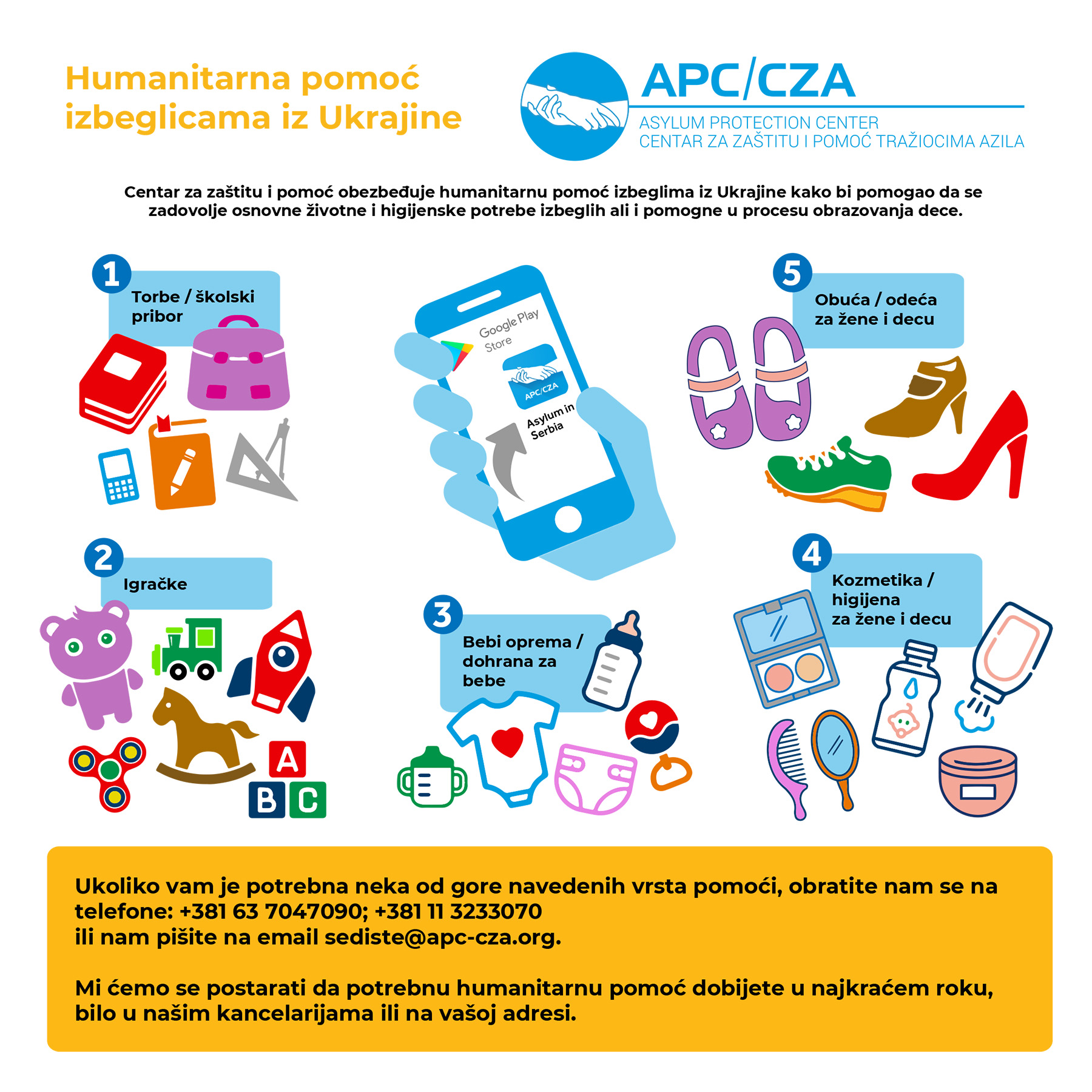Rezovo, 10.avgust- Izbeglice još uvek nastoje da se probiju do Evropske unije preko Srbije i Hrvatske, a da bi u tome uspele, najpre moraju da se probiju do Bugarske. Uprkos dosadašnjim merama, krijumčarski posao cveta.
Rezovo je mesto na jugoistoku Bugarske. Od najbližeg turskog sela ga deli Rezovska reka. Meštani strahuju da će izbeglice i migranti početi da im dolaze iz Turske – čamcima. Nakon pokušaja vojnog puča u Turskoj, u Bugarskoj strahuju da bi mogao propasti dogovor između EU i Turske o izbeglicama i da bi Turska mogla da dozvoli neometan prelazak granice sa Bugarskom, dugačke 240 kilometara.
Rezovska reka je deo te granice koja je sa bugarske strane zaštićena ogradom dužine 30 kilometara i visine 3,5 metara. Ograda bi sada trebalo da bude postavljena duž čitave granice. Trebalo bi da bude podignuta i duž granice sa Grčkom u dužini od 484 kilometra. Makedonija je zatvorila svoju granicu sa Grčkom i Bugari sada strahuju da će izbeglice i sa grčke strane pokušati da uđu u Bugarsku.
Sofija je veoma zainteresovana za dobre odnose sa Turskom – ne samo zbog turske manjine u zemlji. Međutim, ona nastoji da bude oprezna u razgovoru sa Ankarom. Ne radi se o tome da se ostave otvoreni komunikacioni kanali, nego „da se radi ono što je neophodno da bi Ankara ispunila svoje obaveze i da mi ne bismo bili preplavljeni izbeglicama“, kaže bugarski premijer Bojko Borisov.
On je o ovoj temi telefonski razgovarao sa nemačkom kancelarkom Angelom Merkel i posle toga najavio dodatnu pomoć EU u iznosu od šest miliona evra. Osim toga, očekuju se i dodatna sredstva koja bi ubrzala podizanje ograde na granici sa Turskom. Bugarskoj bi u obezbeđivanju granice sledeće nedelje trebalo da pomogne i Fronteks. Ova agencija će poslati dodatno osoblje, vozila, specijalne kamere i pse kako bi bilo sprečeno krijumčarenje ljudi iz Turske u Srbiju.
Strah od novog talasa
„Sofija mora biti glasna ako želi da je neko čuje“, smatra politikolog Tihomir Bezlov koji ukazuje na iskustva sa Grčkom. „EU plaća duplo, čak i trostruko, za sve ono što Grčka preduzima u cilju obezbeđenja granice. Mi u Bugarskoj smo do sada bili dosta skromniji.“ On smatra da je zaštita bugarske granice sada bolja.
No, bez obzira na to, ilegalni migranti se svakodnevno kamionima krijumčare u Srbiju. „Graničari dnevno hapse i do 200 ilegalnih migranata koje deportuju nazad u Tursku“, nedavno je izjavio bugarski premijer Borisov. Kroz dve sedmice putuje u Ankaru da bi o tome razgovarao sa turskim predsednikom Erdoganom.
„Granica između Srbije i Hrvatske, kao i Srbije i Mađarske, hermetički je zatvorena. Trenutno je glavni pritisak na Bugarskoj i Makedoniji“, kaže stručnjak za Balkan, Biser Bančev. On je siguran da izbeglice jednostavno žele dalje i da zbog toga preko Bugarske i Makedonije traže put za Srbiju, ne osvrćući se na to što je srpska zapadna granica zatvorena. Srpske granične patrole su prema zvaničnim navodima u poslednjih 14 dana uhapsile više od 1.500 osoba koje su iz Bugarske i Makedonije ilegalno prešle granicu.
Bančev smatra da će Bugarskoj biti teško ako Srbija zatvori granice sa te dve zemlje. To se do sada nije dogodilo jer Beograd računa na bugarsku pomoć u razgovorima sa EU i ne želi da naljuti Sofiju, smatra Bančev. Srbija je nedavno na granici sa Bugarskom angažovala vojsku i policiju kako bi sprečila krijumčarenje ljudi, a ministar unutrašnjih poslova Srbije, Stefanović, Bugarskoj je ponudio pomoć pri obezbeđivanju granice sa Turskom.
Efektivne mreže krijumčarenja
„Krijumčarenje ljudi preko Bugarske u Srbiju je veoma dobro organizovano, sinhronizovano i često se odvija uz pomoć korumpiranih policajaca“, izjavio je za DW bivši šef granične policije, general Valeri Grigorov. „Izbeglice i migranti se u roku od 72 sata sa turske prebacuju na srpsku granicu. Krijumčari ih najpre voze do Sofije gde izbeglice za prenoćište – uglavnom u romskim kućama – plaćaju po 20 evra.“ U Sofiji su se čak sukobila dva romska klana koji se bore za ovaj unosan posao, kaže Grigorov.
„Neophodne su zajedničke grčko-bugarske granične patrole kako bi bio kontrolisan teško pristupačan teren“, kaže bivši general. Veliki problem je korupcija unutar policije. „Postoji jedna vrsta poslovnog partnerstva između krijumčara i policije koje vlast toleriše“, smatra Grigorov. Bez uništavanja tih mreža, borba protiv krijumčarenja neće biti uspešna – i Rezovo bi u tom slučaju moglo da postane usputna stanica za izbeglice na njihovom putu ka Evropskoj uniji.
Bulgaria fears a tide of refugees
Now that the western Balkan route is closed, refugees are increasingly trying to reach the EU via its eastern Bulgarian border. The government in Sofia wants to stop this and is planning to install more fences.
Rezovo is the most southeasterly city in Bulgaria. It is only a few hundred meters across the Black Sea estuary of the Rezovo river to the nearest Turkish village. The citizens of Rezovo now fear that they will soon have to deal with refugees arriving from Turkey by boat. In the aftermath of the failed coup in Turkey they are worried that the refugee agreement between the EU and Turkey is in danger of collapsing and that Ankara could simply allow refugees to pass across the 240 kilometer (150 mile) long Bulgarian border.
Meanwhile, a 30 kilometer long, 3.5 meter (12 foot) high fence has been erected along the Bulgarian border with Turkey. Now the fence is to be extended along the entire length of that border.
Officials want to secure the country’s 484 kilometer southern border to Greece with a fence as well. This is because the Bulgarians have witnessed an increase in the numbers of refugees attempting to cross their border to get to the EU as a result of Macedonia having closed its border with Greece.
Sofia is keen to maintain good relations with Ankara, not least because of the large number of Turks living in Bulgaria. This not only means keeping communications channels open, but rather „doing everything we can to ensure (Ankara) upholds its end of the agreement and that we are not swallowed up by a wave of refugees,“ said Bulgarian Prime Minister Boyko Borissov.
Bulgaria fears a tide of refugees
„Sofia has to speak very loudly to be heard,“ says political scientist Tihomir Bezlov, pointing to what has happened in Greece. „The EU is paying double and triple for everything that Greece has undertaken in terms of securing its borders. We have been much more reserved in Bulgaria,“ says the expert. According to Bezlov, Bulgarian border protection services have gotten better, but nevertheless, human traffickers are smuggling dozens of refugees to Serbia on a daily basis. Border soldiers arrest and send back to Turkey up to 200 illegal immigrants every day, said Prime Minister Borissov recently.
„The borders between Serbia and Croatia, and between Serbia and Hungary are hermetically sealed,“ explains Balkan expert Bisser Bantchev. He is certain that refugees will simply keep coming and therefore attempt to reach Serbia via Bulgaria and Macedonia. According to official statistics, Serbian border patrol agents have arrested more than 1,500 illegal border-crossers coming from Bulgaria and Macedonia over the past 14 days alone.
Things will also become very problematic for Sofia if Serbia decides it needs to close its border with Bulgaria as well, says Bantchev. The expert says that the only thing that has kept this from happening so far is the fact that Belgrade is counting on Bulgarian help in Serbia’s EU accession negotiations, and does not want to do anything to annoy Sofia. Serbia has stationed army and police units at its border with Bulgaria to stop human trafficking. Further, Serbian Minister of Internal Affairs Nebojsa Stefanovic recently offered Bulgaria help in securing its border with Turkey.
Effective smuggling networks
Human trafficking through Bulgaria is very well organized, as Valeri Grigorov, the former director of Bulgaria’s border police told DW. „Immigrants and refugees are taken from the Turkish border to the Serbian border within 72 hours. In the first leg of the journey smugglers send them to Sofia by car, where people pay 20 euros ($23) per person to spend the night, usually in the houses of Gypsies.“ Grigorov says that there have been violent clashes between Gypsy clans over this increasingly lucrative business. He also says that coordinated Greek-Bulgarian border patrols are needed „to effectively control the very difficult terrain.“
He sees corruption within the police force as a major problem: „One could say that there is a ‘business partnership’ between human traffickers, the border patrol and the Bulgarian police. The partnership is tolerated by those in charge.“
If such networks cannot be destroyed, there will be little hope of success against the human traffickers – and then Rezovo may well become a stopover for refugees on their way to Europe.
 AzilSrbija Centar za zaštitu i pomoć tražiocima azila
AzilSrbija Centar za zaštitu i pomoć tražiocima azila




